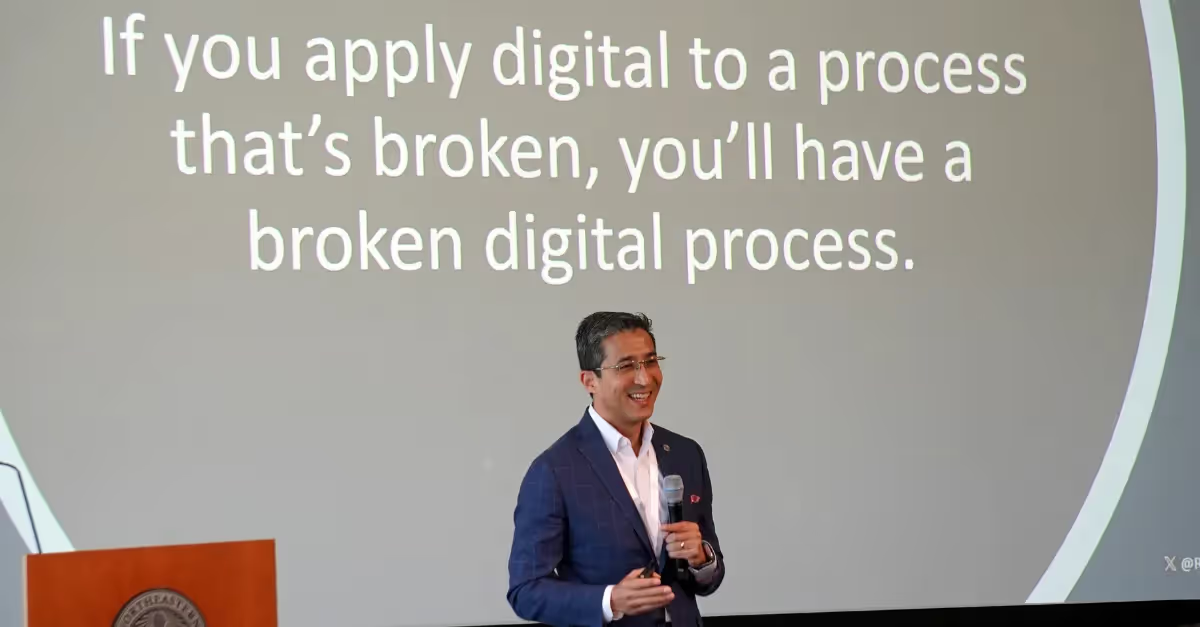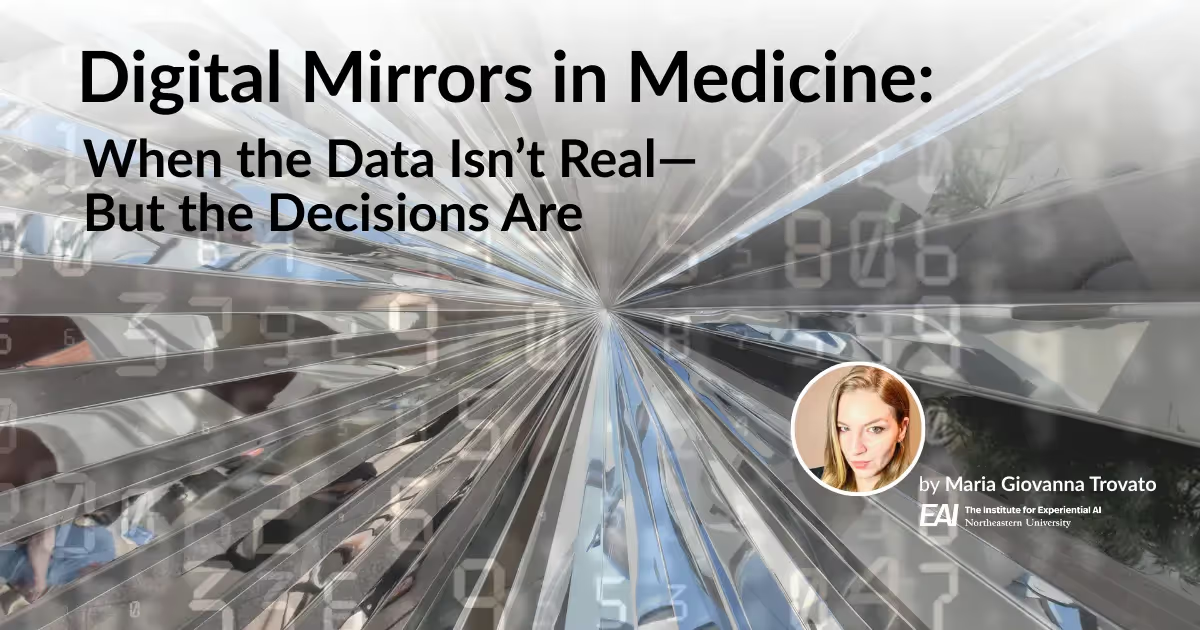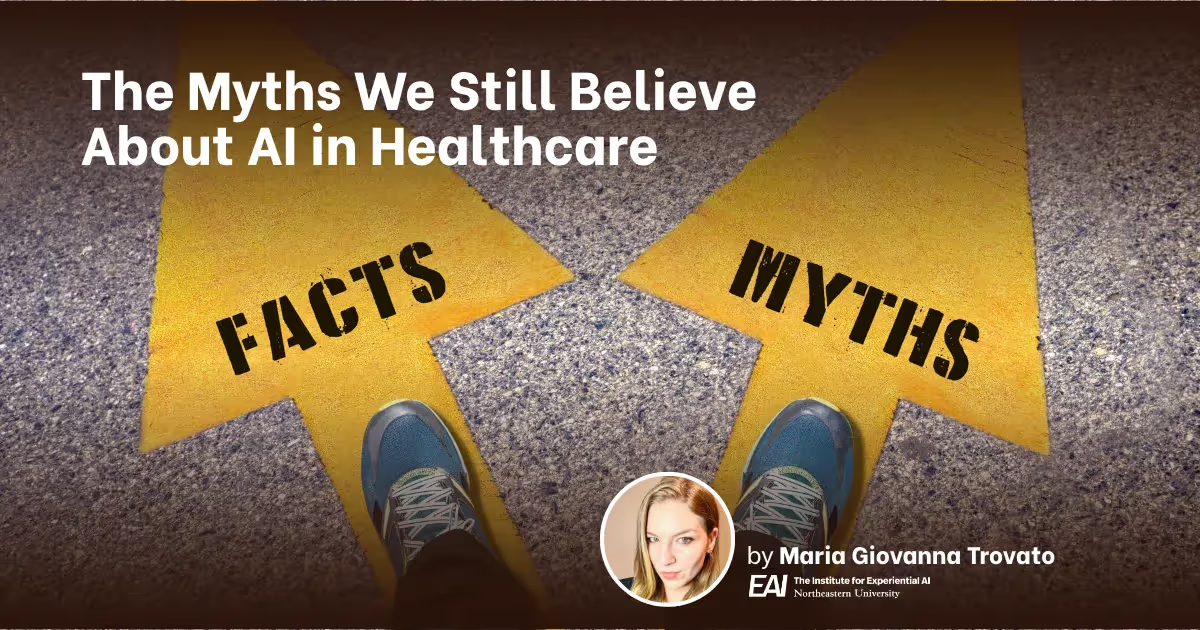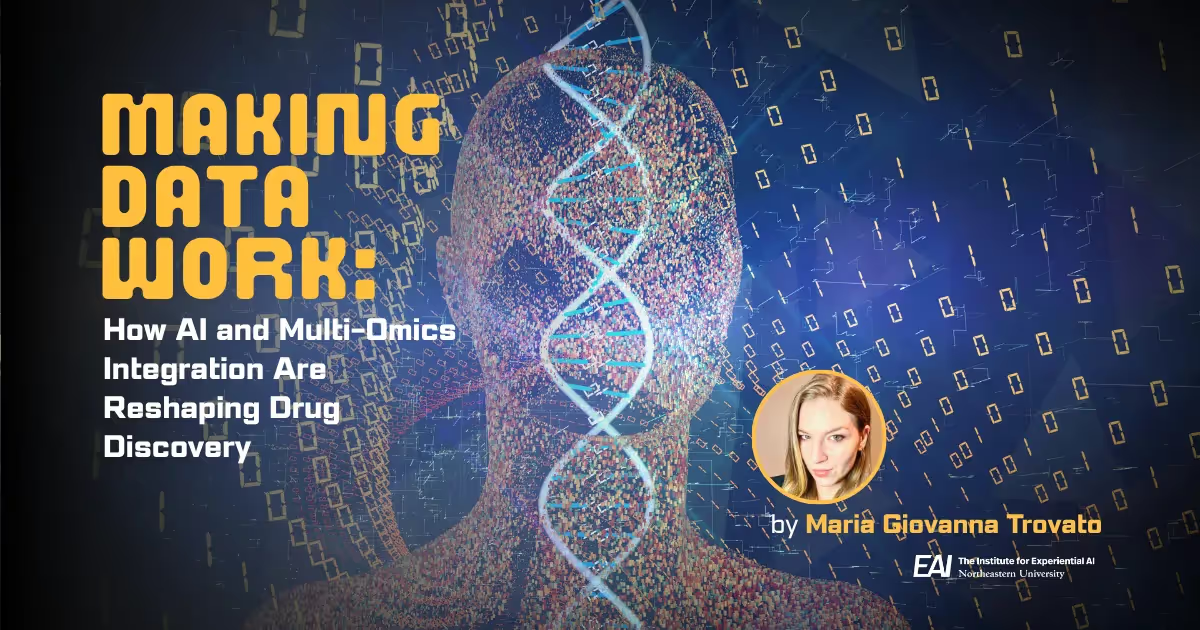Reimagining Healthcare with AI: A Holistic and Patient-Centered Approach

In a recent interview with the Institute for Experiential AI, Dr. Rasu Shrestha, the executive VP and chief innovation officer at Advocate Health, emphasized a transformative shift in healthcare—moving from traditional patient-centered care to a more holistic, person-centered model. Shrestha believes AI can broaden the scope of healthcare by focusing not only on treating illness, but also on fostering wellness, preventative care, and overall quality of life.
AI’s role, he explains, is to act as a supportive tool that simplifies clinicians' tasks, enabling them to reconnect with patients on a human level by performing "detective work" such as data gathering and analysis. This, Shrestha says, allows for a more empathetic, personal interaction.
"In the last 30 years, we've been rolling out medical record systems, picture archiving and communication (PAC) systems, electronic health records, etc. that have erected an artificial wall between the clinician and the patient," Shrestha said. "Technology has become an artificial impediment to care. My belief is that artificial intelligence will bring this wall down."
Shrestha also advocates for an interdisciplinary approach to healthcare education, where AI is as essential as a stethoscope for future clinicians. He envisions immersive, real-world learning experiences that integrate AI into medical training, preparing healthcare professionals to work collaboratively across fields like nursing, pharmacy, and physical therapy.
Reflecting on the institute’s recent workshop, The Future of AI in Health & Life Sciences Education, Shrestha praised the discussions on data ethics and patient advocacy, highlighting the importance of involving real patients in these conversations.
For Shrestha, the goal is clear: a future where AI enhances human connection in healthcare, making it more inclusive, holistic, and focused on helping people thrive.

"I think there's an opportunity for us to broaden the aperture from patient-centered care to person-centered care," Shrestha said. "A person-centered approach to care means we're looking holistically at health, not just getting better from an illness, which is what healthcare is about today, but preventative care as well, and helping patients thrive and lead their best life possible. I think that's where AI comes in. We have an opportunity to look at multiple streams of data and information and evidence-based guidelines and to contextualize our care for each individual person."
The Institute for Experiential AI’s experts have extensive experience building technology solutions for the healthcare sector. We work with partners to find the highest-ROI opportunities to implement AI and build custom AI solutions based on each company’s unique needs.
Find out more about that work, and be sure to check out all the coverage from The State of AI in Precision Health conference!




